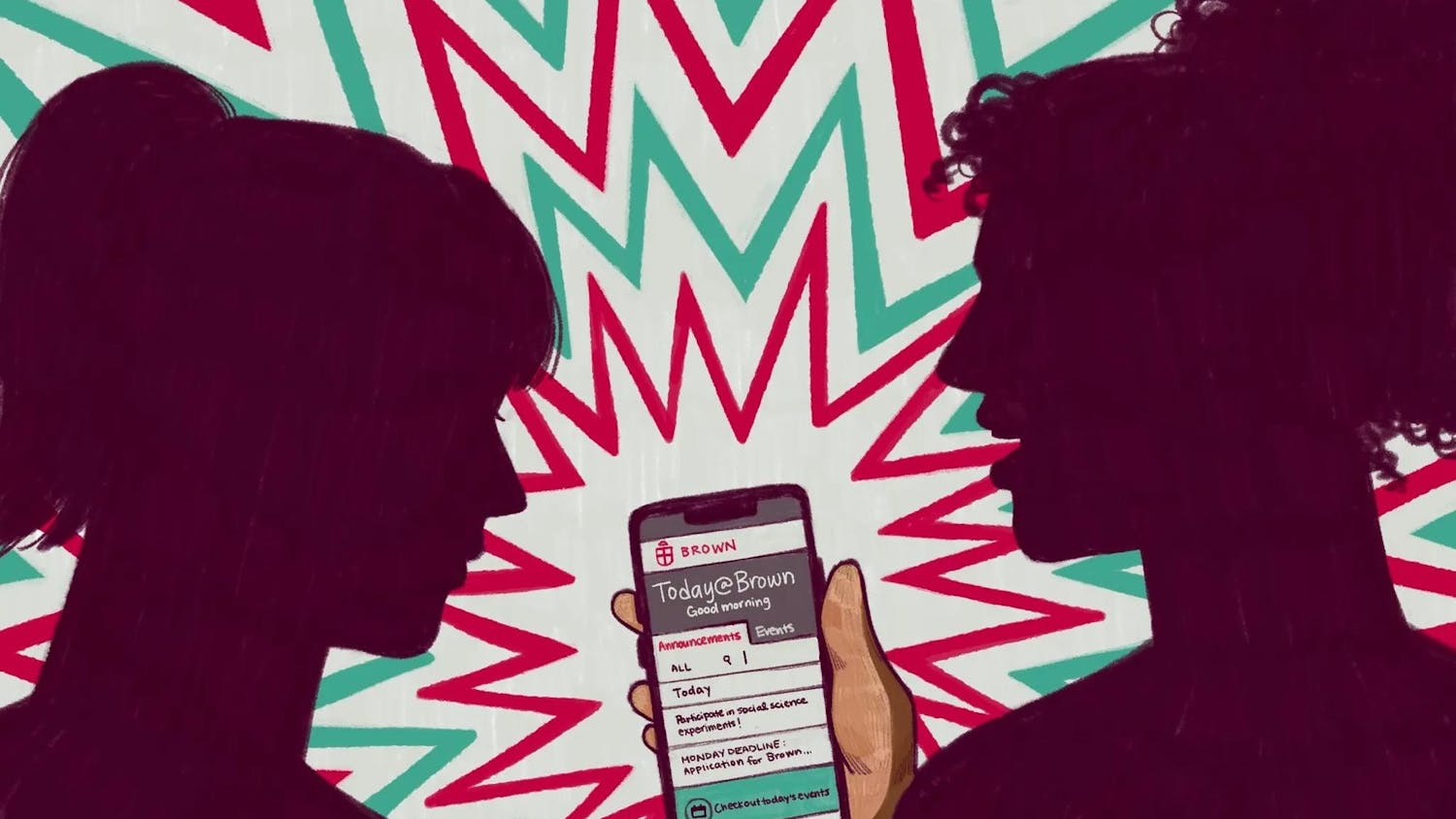Learning a foreign language is serious business. Although the rewards are great, the path to "fluency" — a concept which becomes more elusive the longer one pursues it — is long and arduous. And just when it seems like you've significantly expanded your abilities, you realize just how much you have left to learn.
Despite my previous experience with foreign languages, I didn't realize just how much work it takes to make a language "stick" until I took Arabic freshman year. Though I was and always have been enthusiastic about learning new languages, I found Arabic very difficult, which ultimately led to my decision not to continue in Arabic 300 sophomore year. For the year I took the class, however, I threw myself into learning the language, using every study method I could think of to master the alphabet and vocabulary.
One of the most successful methods I found to help me memorize the seemingly never-ending lists of words was making flashcards. With my stack of index cards, I was able to study nearly everywhere I went. I brought my flashcards to the gym, to the quesadilla line in Josiah's, to orchestra rehearsal. So when I went home for breaks, it seemed only natural that I would take my flashcards with me on the plane.
I don't need to waste any more time singing the merits of flashcards: I know I'm not the only person who thinks their portability makes them a highly effective study tool. After all, there should be nothing wrong with wanting to squeeze in a bit of extra studying.
Nick George, a senior at Pomona College, thought so too. When he packed to go to the Philadelphia International Airport to fly back to California last summer, he stuck a pack of Arabic flashcards in his pocket to study on the plane. George said when he was taken aside for a routine personal screening, Transportation Security Administration officials were immediately suspicious of his innocuous study aid.
George says one official asked him "who did 9/11" and if he knew "what language Osama bin Laden spoke." He was soon handcuffed and removed from the airport for further questioning, and was detained in a cell for nearly five hours as police officers pored over his belongings — and found nothing.
The justification? TSA officials were concerned about a few flashcards with words like "terrorist" and "bomb," words George says he was learning because they frequently appear in Arabic news media. (For the record, I learned the word for "rocket launcher" within the first few weeks of Arabic 100 during a discussion session.) The same officials also said that George was seen "exhibiting anomalous behavior" prior to the discovery of the flashcards, but declined to elaborate further on his actions.
George claims he never raised his voice and complied with all requests. His case is now going to federal court with the help of the American Civil Liberties Union.
George's detainment is disturbing, and not just because it could have happened to anyone. The decision to handcuff and lock up a college student seemingly based solely on his possession of study aids for a language widely studied and spoken by innocent people in America and abroad recalls the unfortunate history of xenophobic actions in our country.
George wasn't a foreigner, but he was interested in a foreign culture that is often perceived as a threat to America. And our country has a long history of using this perceived threat to justify the detainment of civilians based solely on appearance or lingua franca.
The most famous and embarrassing example of unjust detention, by far, is the decision to intern 120,000 Japanese-Americans during World War II. Although their stories are less well known, thousands of German- and Italian-Americans were also detained during this period, simply because of their culture and the language they spoke. Questionable detainment continues today in Guantánamo Bay, where many detainees have been held without charges for over six years.
Detainment in a cell for five hours hardly compares to the years of internment that hundreds of thousands of individuals have experienced in the history of our country. But George's experience of profiling based on his decision to study a language — in hopes of serving this country through the foreign service — is certainly an outgrowth of this disappointing intellectual legacy.
I do not wish to decry the importance of thorough airport screening; in the wake of recent attempted attacks, careful attention to all airline passengers is even more critical. But the paranoia and stereotyping George and others have experienced undermines the integrity of our defense system nearly as much as attacks from the outside.
Learning a language can open doors. It can expand minds, break down cultural barriers and increase understanding, if we are willing to commit the countless hours and tears required for even cursory mastery. The path to breaking down the prejudice and fear that leads to unjust detainment is already difficult enough — there is no reason to make it any more complicated.
Adrienne Langlois '10 now studies Spanish again and is fully aware that Hugo Chavez and Fidel Castro speak it as well.




